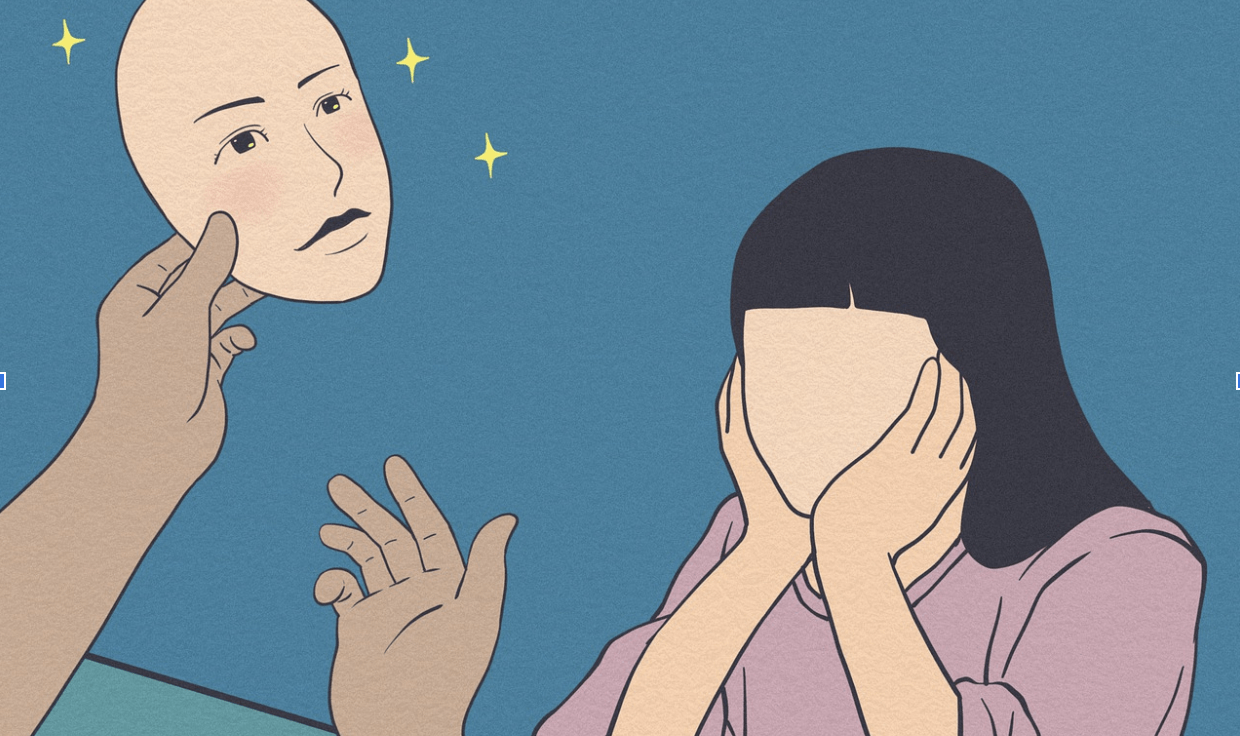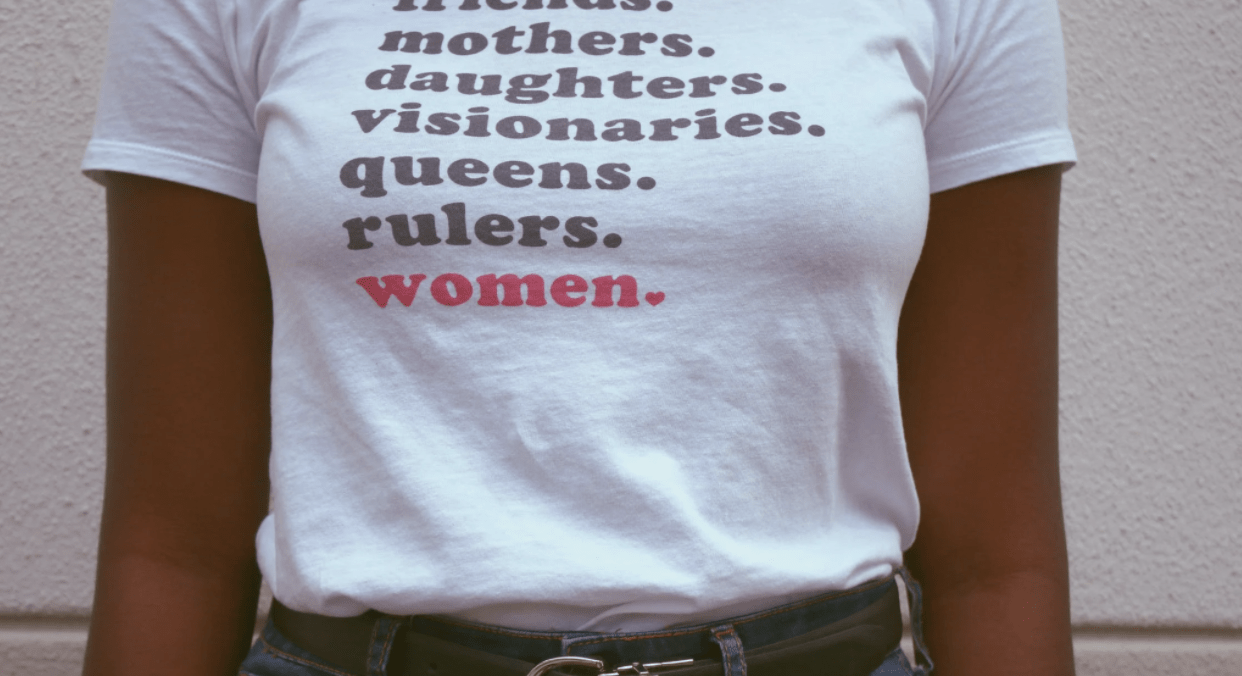
In a yearly national survey of treatment centers in the United States, in 2019, more than 7,800 of 15,960 centers reported offering treatment for women and individuals who identify as females. That, on its face, sounds great as far as the availability of gender-specific treatment, right?
Maybe not so much.
There may not be a genuine consideration for gender-specific differences and gender issues in the treatment for substance abuse. Even when it’s not mixed-gender treatment, a program might still not be entirely speaking to the needs of women and gearing treatment to women. We are finding as time goes on that the definitions of what truly gender and women-specific treatment can vary significantly between centers and programs.
When a center reports the availability of programs just for women, it might mean they have a weekly meeting just for women, for example. The broad terminology can mean there are some offerings for women, but they aren’t specific to the needs of women, particularly within the societal and individual context of their situation. There’s a scarce availability of truly gender-specific treatment programs.
Understanding how our language impacts treatment is essential to deliver that genuinely women-centric focus in treatment. We have to learn more about the roots of treatment and the philosophies it’s built on because those continue to drive how we speak about and treat women. We also have to learn to be more curious in our questioning of what’s brought you to the place you’re in now, rather than simply assigning you a label.
All of this is challenging work because it requires that we reframe what treatment is and the concepts it’s built on. This reframing of the philosophy and language of treatment is a top priority for delivering women-centric addiction treatment for drugs and alcohol. This approach is different from programs that simply offer a gender-specific tract or discuss some gender-specific issues.
The Male-Centric Treatment Framework
The concept of treating addiction goes back to the early 1900s.
- Courtenay Baylor is one of the names that come to mind as a pioneer in addiction treatment.
- Baylor essentially wrote the first textbook on how to be a substance abuse treatment counselor.
- Baylor’s work is vital in how we do things even today. He based his treatment approaches primarily on men, which continues to influence substance abuse counseling in a larger sense.
- In his book, Baylor only had one chapter on the treatment of women.
- Samuel Ashwell was similarly a thought leader in this area, yet he spoke that men didn’t want to treat hysteria, linking it primarily to women.
- The idea of women struggling with addiction as being hysterical is one that’s stuck around, even if we don’t realize it.
- The Alcoholics Anonymous Big Book includes language primarily for alcohol-dependent men.
So, where does this leave women? What are the lingering negative consequences for females who have an addiction to drugs or alcohol, such as an opioid use disorder? Much of this reinforces some of the primary reasons women don’t get help in the first place—namely, shame is a big one, as are relationships and family commitments. Women-focused treatment and women-only programs need to realize what their shortcomings are to address differences in treatment outcomes.

Why Aren’t We Asking More Questions?
At our gender-specific treatment center, we are rethinking the traditional ideas of addiction and how we can best treat it.
- Many women who have a history of substance abuse also have a borderline personality disorder (BPD) or similar co-occurring disorders.
- A diagnosis of BPD is closely associated with a history of trauma, yet for men, we might diagnose them as having post-traumatic stress disorder instead of a personality disorder.
- As a woman with this diagnosis and a substance use disorder, the message becomes “you are the problem,” rather than talking about what happened to you to get you to this point.
Using labels is the prescriptive language often found in outdated gender-specific models not considering sex differences.
- When prescriptive language is part of your treatment program, you become your label, even in a gender-specific environment.
- You may internalize that label as who you are, which again goes back to the idea that you’re the problem rather than the concept that you have a problem that needs treatment.
- Often, the labels created as part of prescriptive language models in a rehab program prevent the actual problem from being treated.
Another issue with prescriptive language and labels?
- There’s no sense of curiosity on the part of your mental health providers, which ultimately leads to unfair treatment.
- A treatment provider may believe that because you have the label of BPD, to go back to the above example, they know all of your problems and how you should be treated.
- That eliminates the questioning and curious element of treatment. Therefore you’re not receiving addiction treatment as the individual you are.
With this problem of prescriptive language in mental health status, providers aren’t asking relevant contextual questions.
Labels lead to the same treatment for everyone, yet we know that what’s most effective for addiction is to treat everyone with an individualized treatment plan.
- Treatment language doesn’t tell us what we need to know, as it stands currently.
- Instead, we say the person needs to “be fixed.”
- When we don’t account for context and experience in the treatment process, we also don’t consider how society influences substance use disorders.
For example, women in treatment are often victims of trauma, violence, sexual abuse, and inequality, which play a pivotal role in mental health and substance abuse disorders. Trauma-informed care and specialized treatments should be an integral part of treatment for individuals, leading to differences in the addiction recovery process.
Moving From a Deficit to Strength-Based Perspective
Along with taking out prescriptive language and labels, our rehab center’s treatment of substance use moves from a deficit perspective to one of strength. So what does this mean?
Using the borderline personality disorder example, we build you up based on your inherent strengths. With BPD, you may have a focus on your alliance with others. In our approach, we might want to ask what continues to give you strength and a sense of resilience despite your past. We also consider the social context that you’ll return to in our treatment method. Other treatment options that aren’t genuinely gender-specific programs or women-specific might help with job placement and rebuilding family relationships. Still, they don’t consider broader societal elements that will affect your recovery.
- What societal messages will you receive?
- What power differentials will you experience, and how can we internally empower you to deal with those?
- Are you returning to a supportive environment, or is it one where something like domestic violence could be an issue?
- What is your marital status, and is there a history of abuse? How can we create a foundation despite the traumatic events you’ve dealt with for complete treatment effectiveness?
Individualized mental health care is about asking what your story is rather than creating stories we believe are relevant to you.
- We work to exchange labels for curiosity in the addiction community and our mental health settings.
- We want to ask questions instead of making assumptions or adding a label where we see a problem.
- We also strive to externalize the situation outside of who you are to help you take accountability differently.

Our treatment team will move away from the perception of “I am the problem” to dealing with the problem for our female patients. We can look at core issues and gender-associated differences in patients and how particular situations such as physical abuse could have led you to where you are.
So with all of this in mind, if you’re seeking treatment or looking for something individualized to who you are, you want to ask whether a program is a gender-specific treatment or if it just has a gender-specific tract.
Anchored Tides Recovery’s ongoing commitment to ensure that gender-specific treatment in all ways means we avoid outdated language in treatment that doesn’t consider the unique elements of what it is to be a woman and how that plays into your individualized treatment needs. Anchored Tides Recovery believes there are tremendous benefits of gender-specific treatment when looked at in the ways above, improving clinical outcomes and retention in treatment. If you’re interested in learning more about how we offer a truly inclusive gender-specific approach to treatment, call our helpline today, 866-600-7709.































